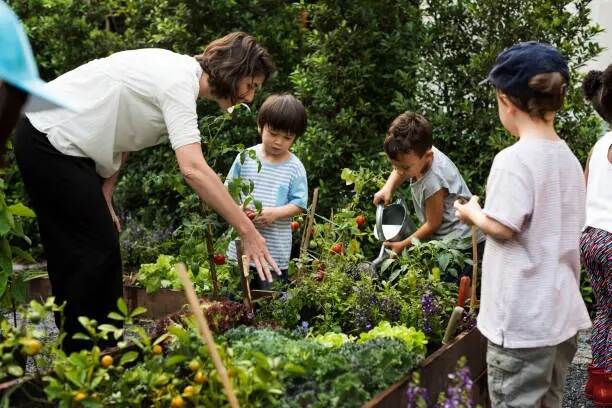Agricultural education in Kazakhstan
Kazakhstan's agricultural sector, especially horticulture, has progressed due to investments and modern technology, particularly in greenhouses, apple production, and processing. However, a shortage of qualified personnel and an inadequate education system hinder further development.

Investment in human capital
To address this problem, the government is upgrading major agricultural universities, integrating regional research institutes, and restructuring the National Agrarian Scientific and Educational Center to align education with industry needs. Investing in human capital and education with a long-term focus is crucial for making agriculture a key economic driver. A decade ago, Kazakhstan began adopting European technologies, prompting new subsidy programs and creating a gap between advanced agribusinesses and the local scientific community. Large companies independently sought European expertise and training, supported by the Ministry of Agriculture for local seminars to update knowledge. International organizations and industry events further influenced this development.
Collaboration with international institutions is crucial for advancing agricultural education and science. Ensuring university graduates have practical, farm-ready knowledge is vital, emphasizing a robust educational foundation to meet modern agricultural demands. International cooperation allows agricultural universities to adopt global standards and exchange knowledge through agreements with foreign institutions, including academic mobility for students, seminars, and inviting foreign experts for training. International players have contributed to this segment in the past.
Notably, the Dutch Fruit Solutions initiative, a public-private partnership, established an experimental orchard in collaboration with the Kazakh National Agrarian Research University from 2020 to 2023. Additionally, USAID supported a cold chain study in Central Asia from 2019 to 2021, including training by American experts and an educational trip to the United States.
Challenges in agricultural education
Despite substantial funding and strong agricultural traditions, Kazakhstan's agricultural sector and education system remain underdeveloped. Universities and state programs have not resolved the specialist shortage, as agricultural studies are unpopular, often attracting low-scoring students seeking any diploma. A significant gender imbalance exists, with over 90% of agricultural students being women, most of whom do not work in their field after graduation. Low wages, averaging €450, further discourage interest in agriculture.
Research institutes face underfunding and low salaries, causing young specialists to seek better opportunities elsewhere. State efforts to promote scientific developments and private sector projects are often unmet by industry demand, highlighting the need for increased funding and new initiatives to advance the sector.
Opportunities for Dutch institutions
These challenges present opportunities for Dutch educational institutions to collaborate with Kazakh universities. By sharing expertise and innovative practices, Dutch institutions can help modernize Kazakhstan's agricultural education, providing practical and advanced training to meet industry demands. This partnership can enhance the quality of agricultural education and support the development of a skilled workforce, driving the sector's growth and resilience.
Questions about opportunities in agricultural education in Central Asia can be directed to the Agricultural Department of the Embassy of the Netherlands to Central Asia ast-lnv@minbuza.nl.